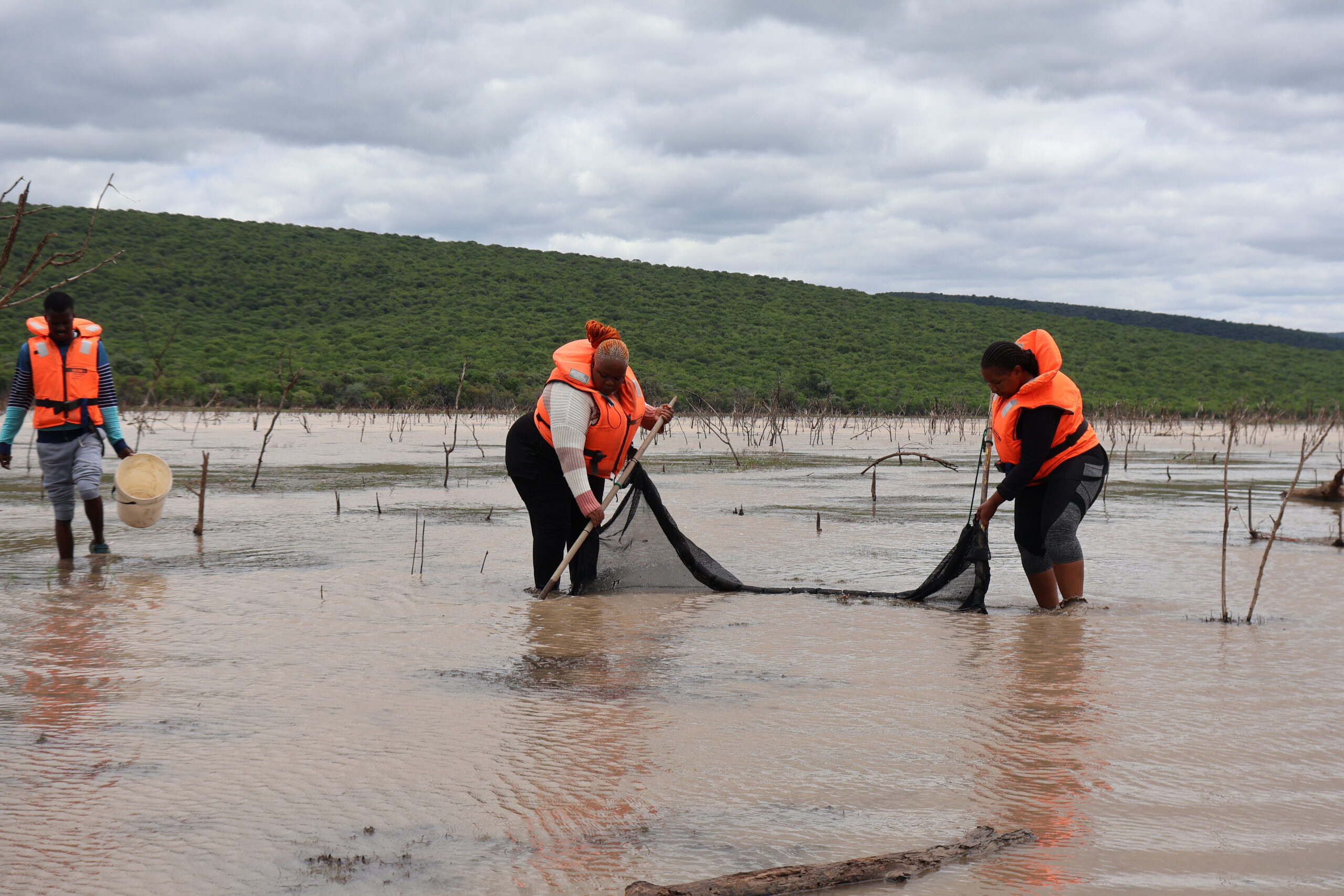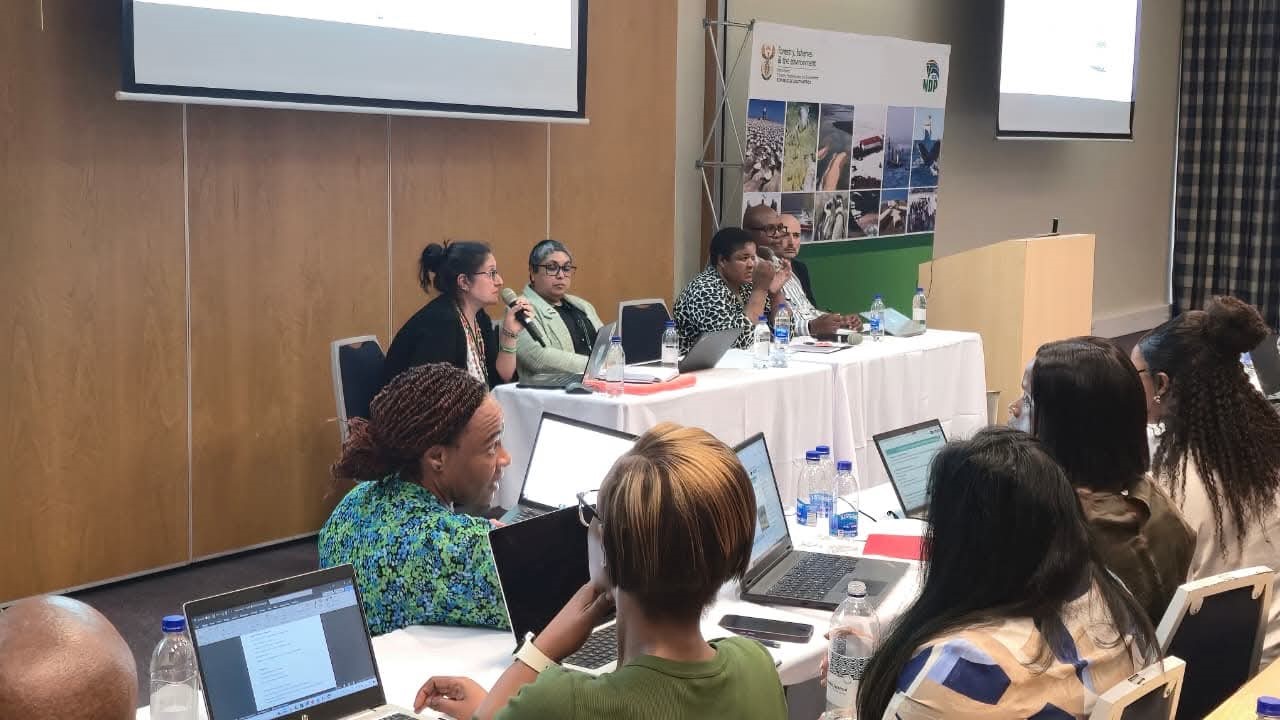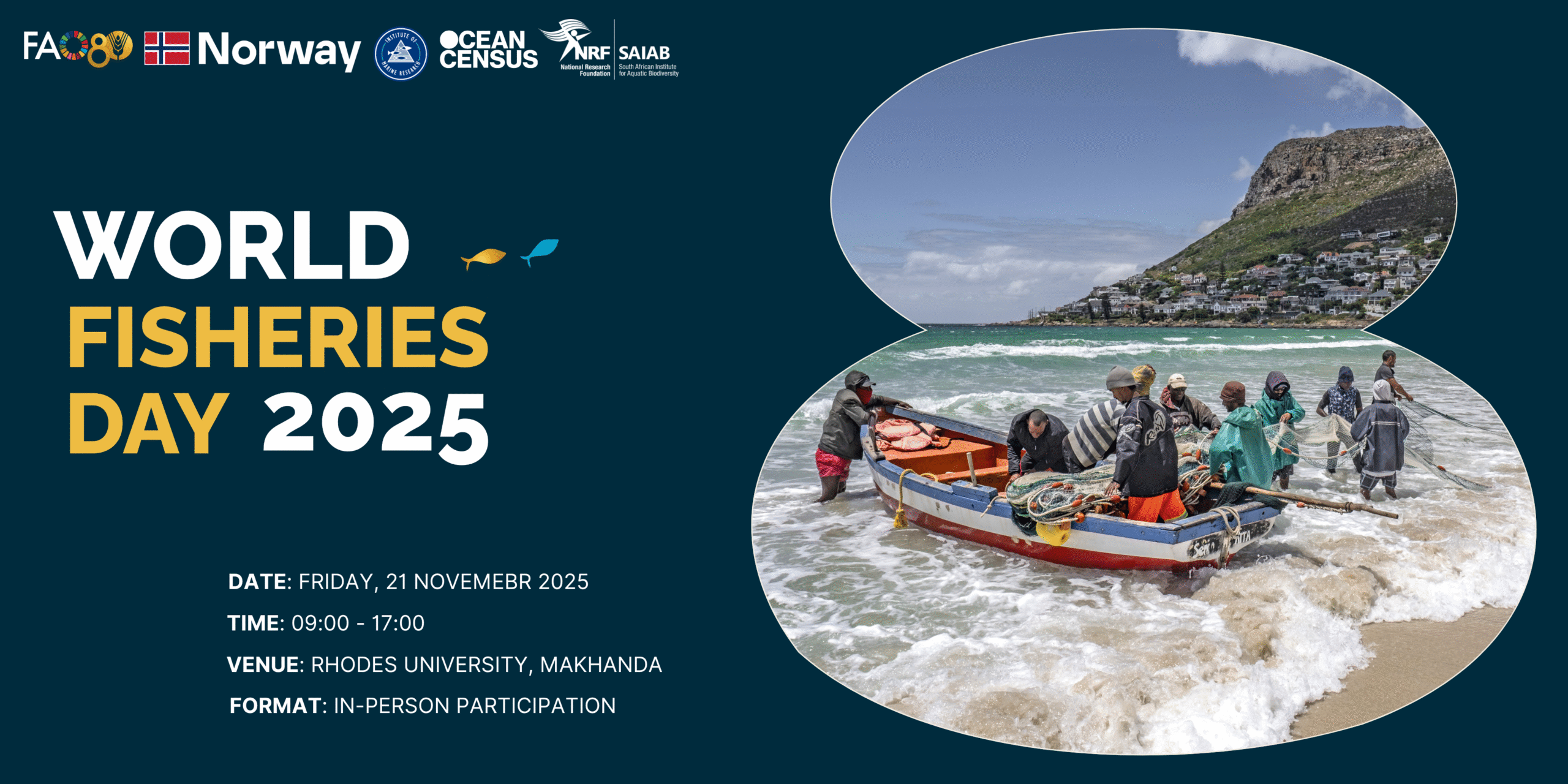The South African Institute for Aquatic Biodiversity (NRF-SAIAB) successfully hosted the 2024 Student Symposium on November 29, 2024, at the Amazwi Literature Museum in Makhanda. This annual event provides a platform for Masters and PhD students affiliated with NRF-SAIAB to present their research and engage with peers, mentors, and the wider academic community.
This year’s theme was Safeguarding Africa’s Aquatic Future. Aquatic ecosystems are among the most threatened in the world, facing challenges from pollution, habitat destruction, and overexploitation. Raising awareness and conducting research on strategies to protect the species inhabiting these ecosystems is crucial for ensuring their preservation for future generations to explore. The main objectives of the symposium included providing a platform for students to share their research and exchange ideas, to facilitate networking opportunities among students, peers and experts in aquatic sciences and to bring together NRF-SAIAB students, staff, interns and associates.
Presentations
With 35 student presenters, the event showcased a variety of research topics that highlighted the extensive aquatic biodiversity studies conducted at NRF-SAIAB. Students presented on themes ranging from freshwater ecosystems and marine conservation to innovative methodologies in genetic research and the effects of climate change on aquatic environments. Each presentation was followed by a Q&A session, which encouraged interactive discussions and provided critical feedback. This format allowed presenters to refine their research approaches and clarify complex ideas for a multidisciplinary audience.

Some of the presenters at the NRF-SAIAB 2024 Student Symposium
Highlights – Keynote Speakers
The symposium had two keynote speakers;
Prof Alan Whitfield, NRF-SAIAB Research Associate: Presented about Safeguarding Africa’s Estuarine Resources
Prof Alan highlighted the critical role estuaries play as nurseries for marine fish species along Africa’s coastline. He traced the exploitation of these resources back 10,000 years to the San people, with examples like the amaThonga’s traditional fish traps in the Kosi Estuary. However, he noted that the arrival of European settlers significantly increased exploitation, leading to overfishing and resource depletion over the past century. Prof Whitfield emphasised the urgency of government-led actions to restore these ecosystems, alongside socio-ecological research to secure the support of artisanal and recreational anglers in protecting endangered species and their habitats.
Ntombizanele Tshali, Lecturer at Mangosuthu University of Technology: Gave a presentation about Empowering Communities for a Cleaner Future
Ntombizanele addressed Africa’s escalating waste and pollution crisis, particularly in freshwater and marine environments. She stressed the importance of empowering communities through education and awareness to promote sustainable practices such as recycling, proper waste disposal, and reducing single-use plastics. Tshali advocated for integrating waste management education into policies and emphasised the role of community initiatives and school programs in fostering behaviour change. She highlighted that informed communities are pivotal in reducing pollution, protecting aquatic ecosystems, and building a sustainable future for Africa’s rivers, lakes, and oceans.
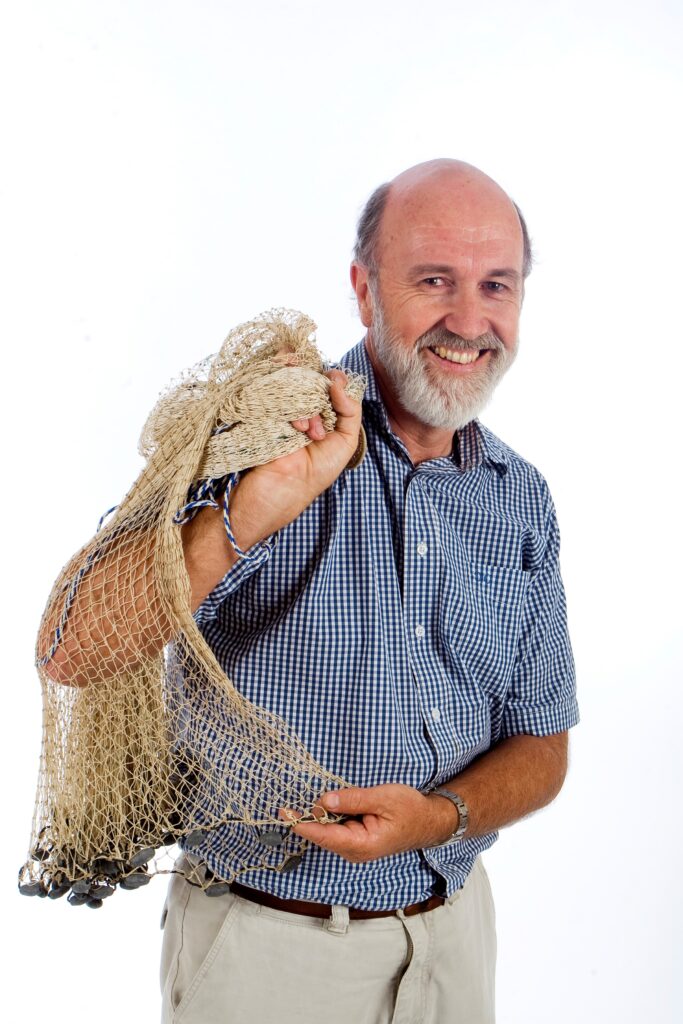
Prof. Alan Whitfield

Ntombizanele Tshali
Acknowledgments and Awards
The symposium concluded with a recognition ceremony that honoured outstanding student presentations. Awards were given for the best oral presentations at the Master’s and PhD levels, judged based on criteria such as originality, scientific contribution, and clarity of delivery.
Award Winners:
- Best PhD Presentation: Jabulani Ndaba
- Best Masters Presentation: Chandra le Roux
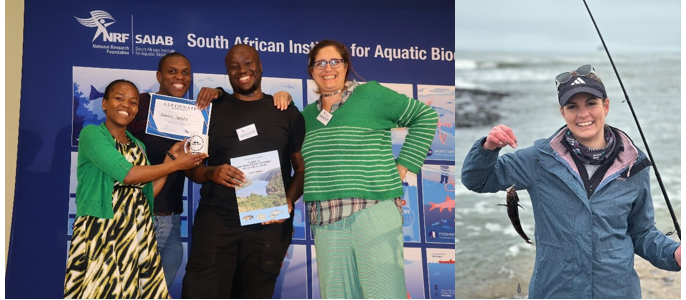
From left to right: Dr. Nokubonga Mbandzi-Phorego, Xolani Nabani, Jabulani Ndaba and Prof. Francesca Porri
Far right: Chandra le Roux
Conclusion
The 2024 NRF-SAIAB Student Symposium reaffirmed the Institute’s commitment to supporting young researchers in the field of aquatic biodiversity. The event showcased innovative and impactful research conducted by postgraduate students and emphasised the importance of continued investment in their development. The symposium was a tremendous success, paving the way for further scientific discoveries and community involvement.

